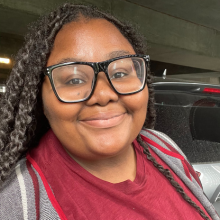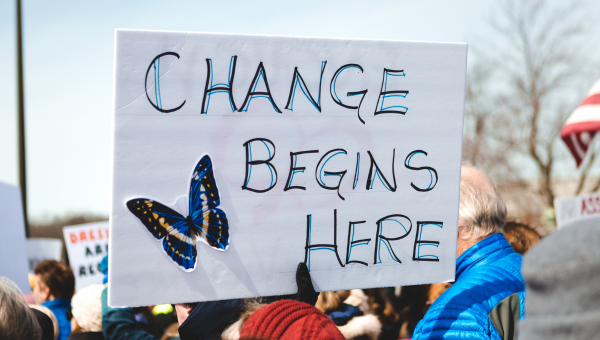Atlanta Blog Posts
Opportunities to Create Affirming and Supportive Communities for LGBTQ+ Young People
All young people belong to families and communities and deserve our collective love and support. Young people want to be seen for their “whole selves”—that is, in the full beauty and complexity of who…
more.Empowering Foster Youth: The Case for Supporting the Increasing Access to Foster Care Through 21 Act
In the ever-evolving landscape of foster care, the needs of transitioning youth demand attention and action. As organizations deeply invested in the success and well-being of these young individuals, we unite in support of…
more.Pathways to Independence — Supporting Youth Aging Out of Foster Care
This month, the Center for the Study of Social Policy (CSSP) and Creating Real and Actionable Solutions (CARES), a CSSP initiative funded by the Conrad Hilton Foundation, submitted written testimony that addresses strategies to…
more.Breaking the Chains of Trauma
This topic is intriguing when you think about it. Youth are in foster care for a reason; they don’t have the two most influential people in their lives (their parents), or they do, but…
more.











